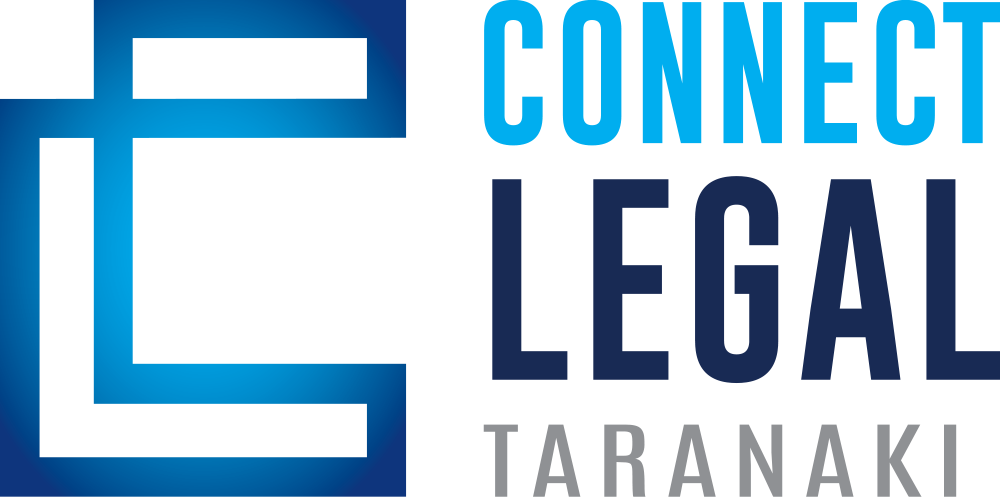
Get your family details noted now
When someone in your family dies, there are a myriad of things to organise – some of which must be done almost immediately.
One of those tasks is for the death to be registered within three working days of the deceased’s burial or cremation. The funeral director usually organises this. If, however, there is no formal farewell, your family will need to organise this themselves.
Whichever way the death registration is organised, a family needs a great deal of information at its fingertips. Unless one of your family members has an elephantine memory, it may be useful if the required information is documented well before you die! You are more likely to know family details than anyone else. It will also save time after your death when everyone is shocked and it’s easy to forget the most straightforward things.
The Notification of Death for Registration form requires this information:
- The deceased: Their full name (both at birth and when they died – they could be different); sex; date and place of birth; age, date and place of death; usual home address and their occupation. If not born in New Zealand; how many years have they have lived here; and some ethnicity questions
- Living children: Ages of each living son and daughter
- Parents: Their parents’ full names (at birth and when they died); and occupations
- Relationships: Spouse/partner full name, sex and age when the relationship was formalised; relationship details such as married, civil union, de facto, separated, divorced, etc; and age of the deceased at the time of a civil union/marriage. There is space for up to four relationships to be recorded, and
- Other: There are boxes to tick if the deceased was a marriage/civil union celebrant, Justice of the Peace and if they held an honour or award.
There are also boxes about the cause of death, date and place of cremation, etc which cannot, of course, be completed until after a funeral.
Medical certificate of death
Different from the death certificate, this notes the cause of death and is provided by the deceased’s doctor or hospital doctor. The estate’s lawyer needs a copy of this document.
Although it may seem morbid, making sure these details are recorded will help your family as they come to terms with your death.
To get more information, go to www.govt.nz and search for registering a death. +
Fineprint is printed on Advance Laser Offset, a paper produced using farmed eucalyptus trees and pulp from Well Managed Forests – manufactured in an ISO14001 and ISO9001 accredited mill.
DISCLAIMER: All the information published in Fineprint is true and accurate to the best of the authors’ knowledge. It should not be a substitute for legal advice. No liability is assumed by the authors or publisher for losses suffered by any person or organisation relying directly or indirectly on this newsletter. Views expressed are the views of the authors individually and do not necessarily reflect the view of this firm. Articles appearing in Fineprint may be reproduced with prior approval from the editor and credit being given to the source. Copyright © NZ LAW Limited, 2022. Editor: Adrienne Olsen. E: adrienne@adroite.co.nz. M: 029 286 3650. ISSN 1174-2658 (Print) ISSN 2744-3973 (Online)



